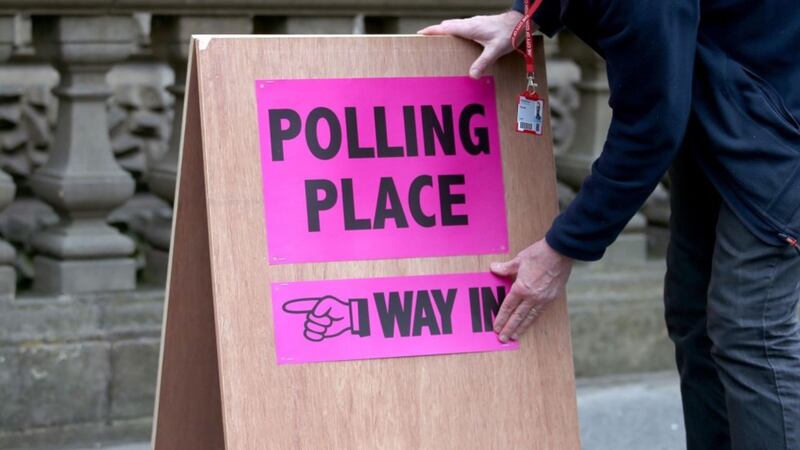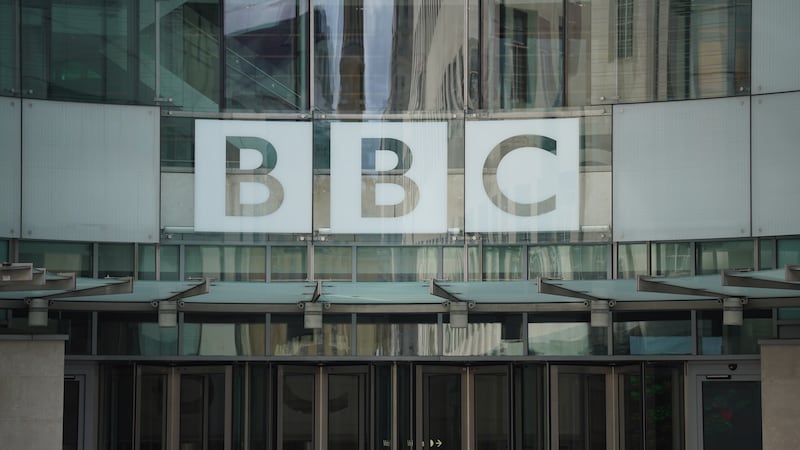This year political geeks are preparing themselves for a highly unusual event – local and general elections being contested just weeks apart.
But will the local elections be an indicator for how people will vote in June? And what should you be looking out for on the night?
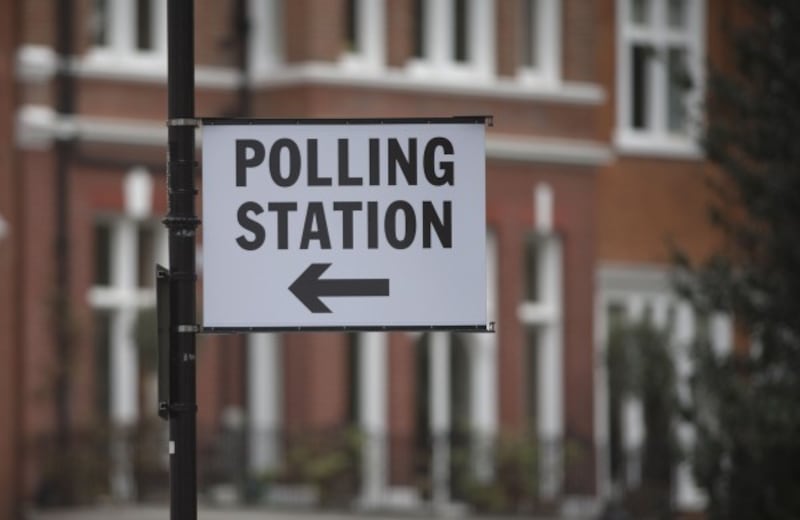
The party in power nationally can often suffer during local elections as voters take the opportunity to express any grievances they may have with the government by voting for the opposition.
But this time the Conservatives are expecting to take the most votes in both the local elections and the General Election. There are a few reasons why they’re likely to do just that.
First, the rule of thumb that more people vote for the opposition in local elections generally holds true when the poll occurs in between general election cycles, said Anthony Wells, research director at polling company YouGov.
He told the Press Association: “It matters who is in power and who is out of power, but that’s the sort of thing that is going to be upset by being very close to a General Election.”
He added that the two times in modern politics that both local and general elections have happened in the same year (1983 and 1987), the same party won both.
Second, polls show Theresa May is more popular than Jeremy Corbyn, and third, the guiding issue in this election is Brexit – something the Conservatives and the majority of the population agree with.
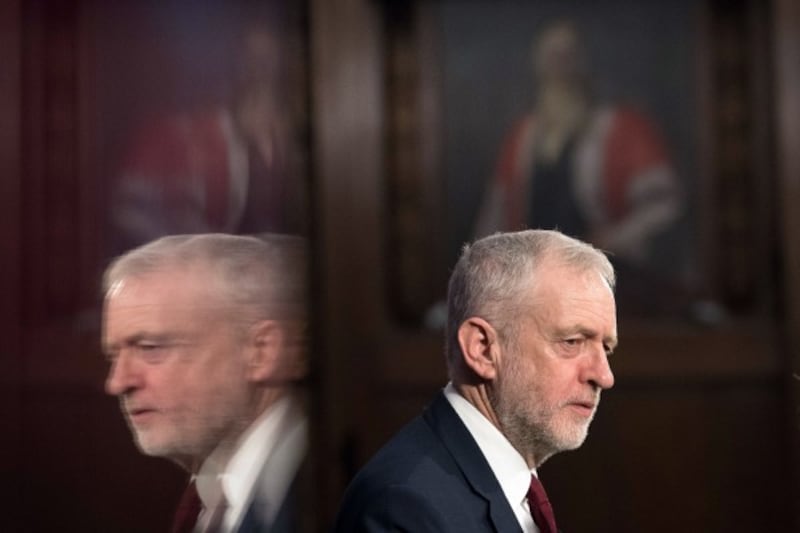
This is bad news for Labour – Professor Tony Travers, from the London School of Economics’ department of government, told the Press Association that if Labour lose the local elections there’s almost no chance of them winning the national vote a month later.
“It’s virtually unknown for an opposition party to win a general election when it hasn’t been getting quite high percentage votes in the local elections immediately before,” Travers said.
On the night, watch out for the counties of Derbyshire, Lancashire and Nottinghamshire to test the waters for Labour support.
Travers said it would be bad news for Corbyn’s party if it lost majority control of Derbyshire, or failed to remain the largest party in the other two counties.
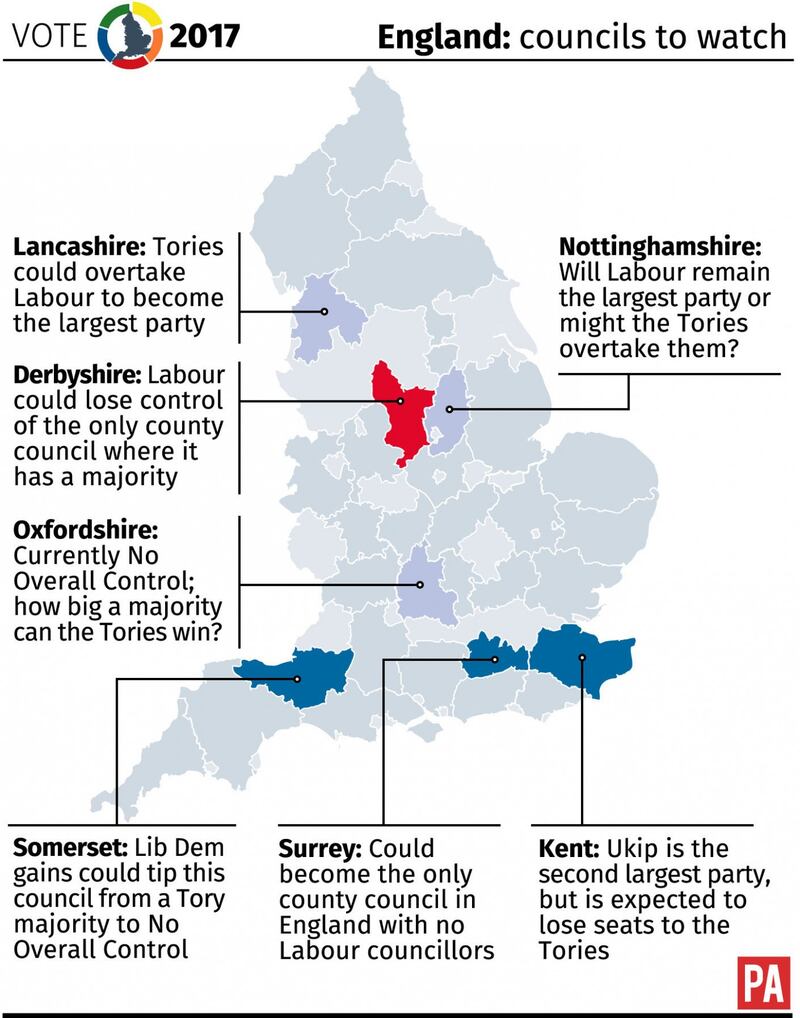
However, that does not mean the local elections will be an exact replica of the General Election in terms of the percentage of votes accorded to each party.
Wells said that he expects the Conservatives to win the most votes in the local elections, but by a much smaller percentage than the General Election.
Polling data from April in Wales shows the Conservatives winning by two percentage points in the local elections, and then by a whopping 10 points in the General Election a month later.
This mirrors what happened in 1983, when the Conservatives took just a three-point lead in the local elections nationally, and then Margaret Thatcher won a landslide majority the next month.
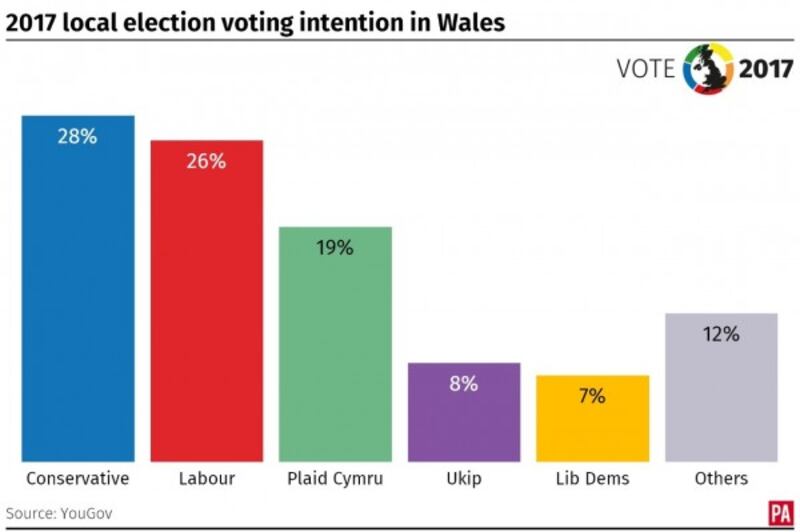
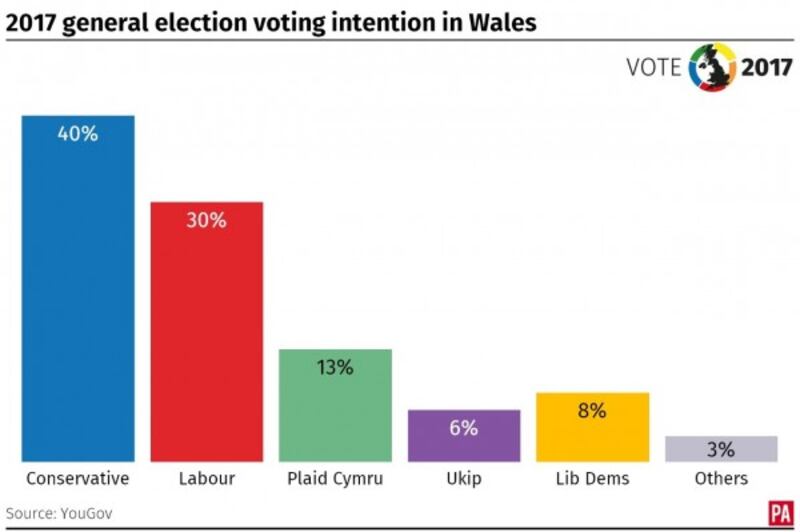
There are a few reasons for the disparity, Wells explained.
“There are people who actually do vote on local issues, who do vote on how well their councils are doing and whether they like their local councillor or not, so that will make a difference,” he said.
“Also, one of the main drivers of Labour losing support is Jeremy Corbyn, and the Conservatives are obviously campaigning very hard on Theresa May personally.
“The fact that the votes this week aren’t going to put Corbyn or May in power, they will just put someone local in the town hall, will be another source of difference.
“If the Tory lead in the local elections is only five or six points I think you’ll get a lot of people saying look it’s much closer than we think, maybe the polls showing big leads are wrong, Labour can win,” he added.
“But they will be barking up the wrong tree. It will just be that local elections are different to general elections.”
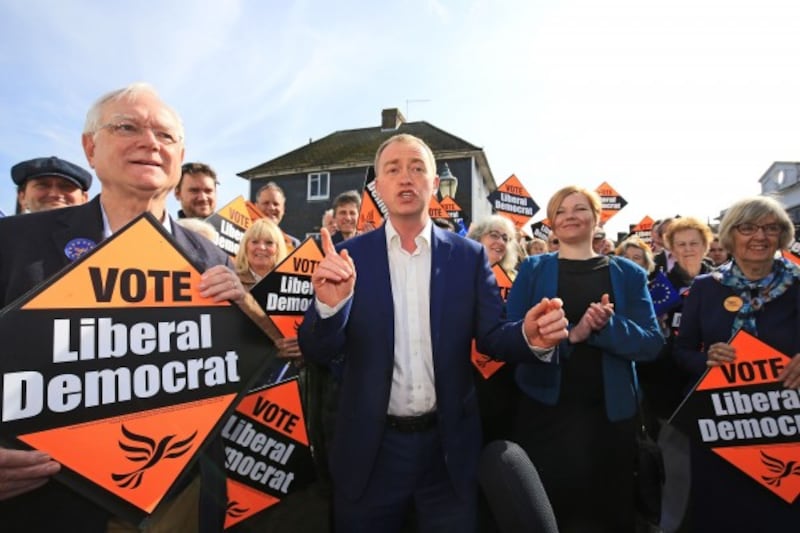
Expect the Liberal Democrats to put a spanner in the works too – historically they get their biggest successes at local elections, and rumours of a Lib Dem fightback among remain voters should help them gain more council seats.
However, an increase in the Lib Dem vote share in the local elections alone won’t indicate more MPs in June, said Wells – it matters where that support comes from.
“Is that support really concentrated in places that voted remain, places that have got history of having a Lib Dem MP? If that’s the case they will probably win lots of MPs.
“Or do they just do quite well everywhere, in which case they will find that increasing support quite hard to translate into MPs.”
It’s worth looking at what councillors are elected in constituencies that swing between Labour and the Lib Dems, for example Cardiff Central – the parliamentary seat was held by Labour from 1992 to 2001, the Lib Dems in 2005 and 2010, then swung back to Labour in 2015.
Will the students living there have forgiven the centrists for breaking their promise over tuition fees, or will they back Jeremy Corbyn? Local election results could be an indicator.
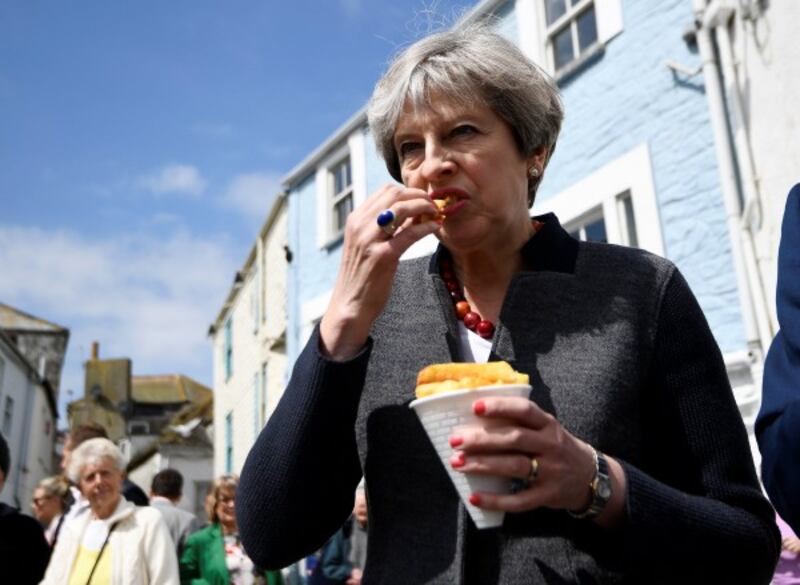
It will also be worth keeping an eye on the Conservative-Lib Dem fight in the West Country, said Travers.
He advised looking at the counties to the west of London – Wiltshire, Gloucestershire, all the way down to Devon and Cornwall – which has traditionally been a hotbed of Lib Dem support.
“You can look there at the Conservative-Lib Dem fight to see how well the Lib Dems are fighting back and whether they are beginning to make progress as a bigger opposition party again,” he said.
